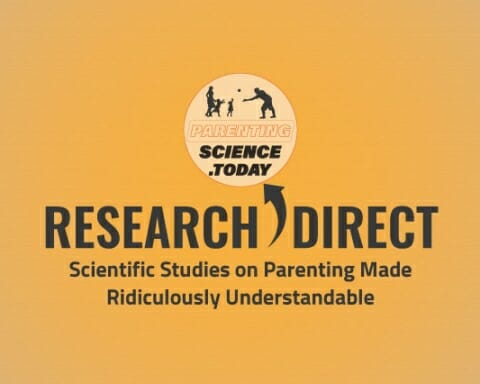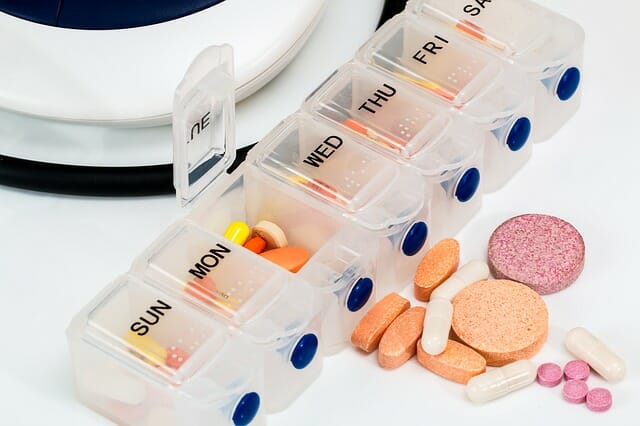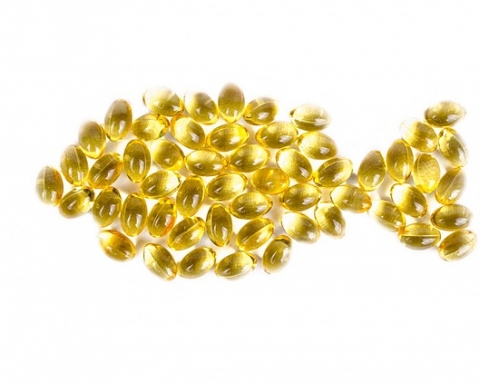Multiple studies have linked the severe symptoms of premature birth with hormonal deficiency, particularly low levels of cortisol. Low concentrations of cortisol in premature babies cause serious complications and has a negative impact on life expectancy.
Early treatments with exogenous steroids, such as dexamethasone, can effectively reduce the risks of numerous adverse outcomes, such as bronchopulmonary dysplasia, neurological deficits, developmental delays, and even death. However, dexamethasone therapy is associated with a higher rate of cerebral palsy in extremely premature infants who receive it within a few hours after birth.
What Did Researchers Do?
So, researchers decided to search for another treatment. A possible alternative is hydrocortisone, another exogenous steroid. If administered at a low dose, hydrocortisone has effects similar to dexamethasone but with fewer adverse effects—at least that is how it behaves in other patients besides premature babies.
The Division of Neonatology and the General Clinical Research Center at the University of New Mexico’s School of Medicine carried out a study titled “Growth and Neurodevelopmental Outcomes after Early Low-Dose Hydrocortisone Treatment in Extremely Low Birth Weight Infants” to study the effects of hydrocortisone on preterm newborns.
They recruited infants who weighed between 500 and 999 grams at birth and who were mechanically ventilated in the first hours of life. Initially, 360 babies were enrolled, of which 252 remained in the study and survived after medical discharge.
The newborns were divided into two groups. One group received low doses of hydrocortisone for fifteen days, and the other group received a placebo of normal saline for the same period of time. There were 126 newborns in each group.
In the follow-up visit, the researchers obtained information about the medical and demographic histories of the mothers and children. They also gathered data about each infant’s development, such as weight, height, head circumference, and basic neurological evaluations.
Also read on this website: Is My Premature Baby’s Head Normal Sized?
What Did They Find?
The study showed that low doses of hydrocortisone did not increase the rate of cerebral palsy or cause damage to the central nervous system as other steroid treatments have done. Although these findings could possibly benefit children’s neurodevelopment, further investigation is needed to confirm and explain these results.
Indeed, the children who were treated with hydrocortisone had improved neurological development. The babies’ intellectual levels were higher than expected. The results were even more encouraging for babies whose mothers suffered from chorioamnionitis (an infection inside the amniotic sac) before delivery.
The results also suggest that hydrocortisone may be as effective as dexamethasone in preventing bronchopulmonary dysplasia but with fewer immediate or long-term adverse effects.
There were no significant differences in physical growth between the two study groups, but weight and length were lower in infants who were exposed to chorioamnionitis and treated with hydrocortisone. These findings may demonstrate a survivor effect because more hydrocortisone-treated babies survived than placebo infants.
The main adverse event suffered by those who were treated with hydrocortisone during the study was gastrointestinal perforation, which seems to be due to an interaction with the indomethacin treatment that some infants required.
The conclusion seems clear: Treatment with low, early doses of hydrocortisone does not increase the incidence of cerebral palsy and seems to confer some neurodevelopmental benefits.
Children who suffer from complications due to premature birth should see a pediatrician regularly to receive necessary treatment. Remember that breastfeeding is still the best way to feed babies, even if they are premature.
Reference
Watterberg, Kristi L., Michele L. Shaffer, Mary J. Mishefske, Corinne L. Leach, Mark C. Mammel, Robert J. Couser, Soraya Abbasi et al. “Growth and Neurodevelopmental Outcomes after Early Low-Dose Hydrocortisone Treatment in Extremely Low Birth Weight Infants.” Pediatrics 120, no. 1 (2007): 40–48. Retrieved from: http://pediatrics.aappublications.org













